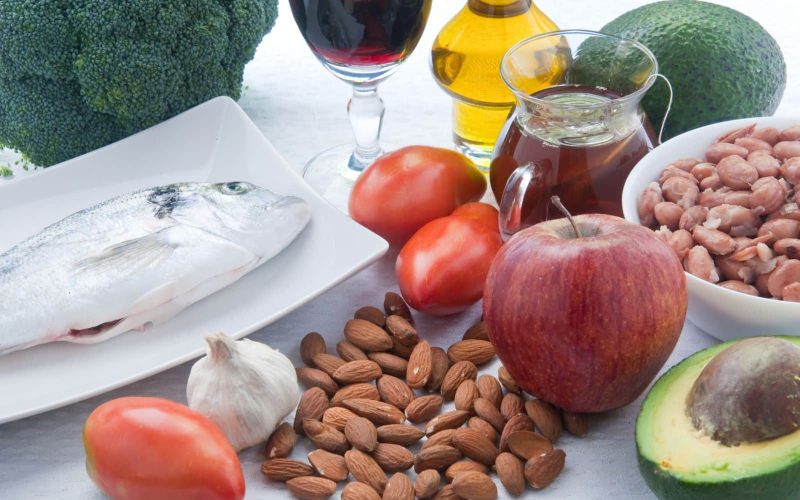Heart disease remains among the significant causes of death in the world. High levels of cholesterol, particularly poor” LDL, are linked to an increased heart disease risk.
Also related to increased risk are low “healthy” HDL cholesterol as well as high triglycerides. Your diet and other risk factors have a strong effect on your cholesterol.
Here are 13 foods that can decrease cholesterol and improve other heart disease risk factors:
Legumes

Legumes, also known as pulses, are a category of peas, beans and lentils that include plant foods. A variety of fibre, minerals and protein are found in legumes.
It can lower your risk of heart disease by replacing certain refined grains as well as processed meats in your diet with legumes.
An analysis of 26 randomized controlled trials found that consuming 1/2 cup (100 grams) of legumes daily was successful in reducing “poor” LDL cholesterol by 6.6 mg/dl on average compared to not consuming legumes.
Other studies relate pulses to drastic weight loss, even in diets that do not limit calories.
Avocados
Avocados are an outstandingly nutrient-dense fruit. Two nutrients that help lower “poor” LDL and boost “healthy” HDL cholesterol are a rich source of monounsaturated fats and fibre.
Clinical trials confirm the cholesterol-lowering effect of avocados.
In a study, overweight and obese adults with high LDL cholesterol who consume one avocado each day cholesterol lowered their LDL levels more than those who did not eat avocados.
Also, a review of 10 studies found that lower cholesterol, LDL, and triglycerides were related to substituting avocados for other fats.
Nuts (almonds and walnuts)
Another highly nutrient-dense food is nuts. They are very rich in monounsaturated fats. Walnuts are also rich in the omega-3 fatty acid plant variety, a form of polyunsaturated fat that is associated with heart health.
Almonds and other nuts are rich in L-arginine, an amino acid that helps create nitric oxide for the body and manages blood pressure.
Phytosterols provide the nuts. These chemical compounds are similar in composition to cholesterol and by preventing its absorption in your intestines, significantly reduce cholesterol.
Also present in nuts are calcium, magnesium and potassium, which helps to decrease blood pressure and lower the risk of heart disease.
In a survey of 25 studies, consuming 2 – 3 portions of nuts a day lowered “poor” LDL cholesterol by an average of 10.2 mg/dl. A 28 per cent lower risk of both fatal and nonfatal heart disease is related to consuming a daily portion of nuts.
Fatty fish
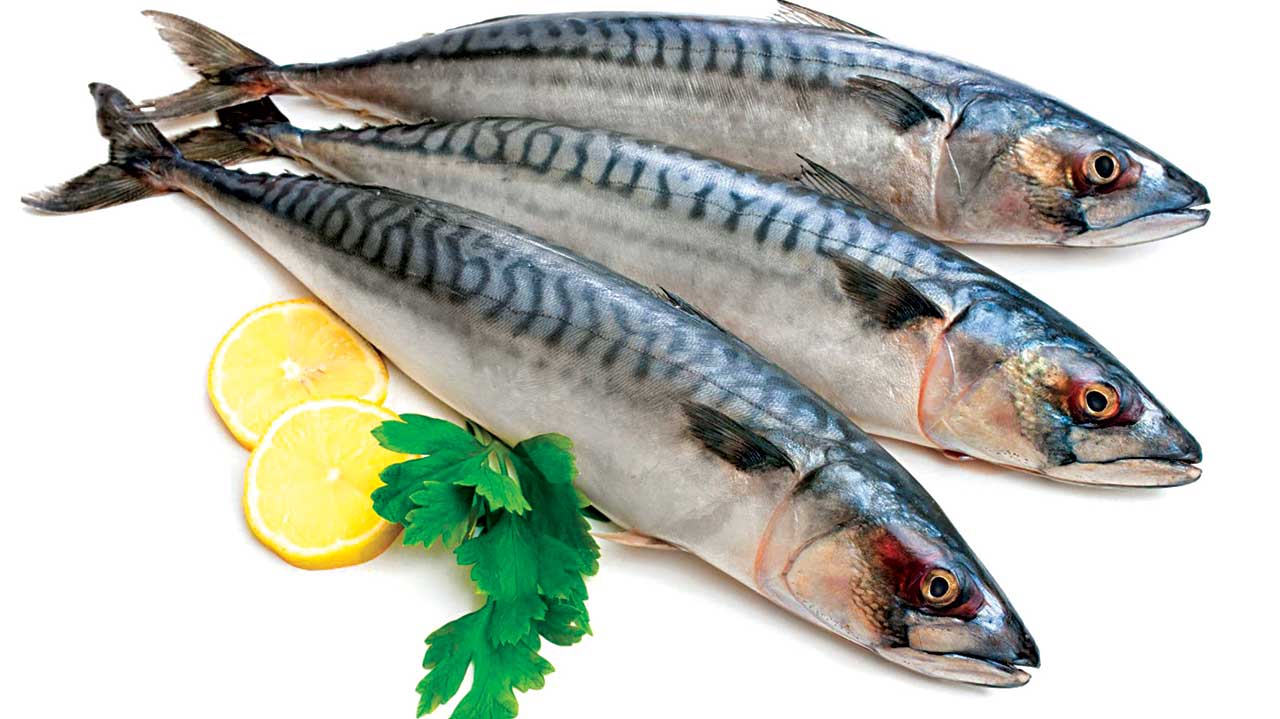
Fatty fish that include mackerel and salmon are excellent sources of long-chain omega-3 fatty acids. Omega-3s help heart health by raising healthy HDL cholesterol and reducing inflammation and stroke risk.
In a study of 25-year adults, those who consumed the most non-fried fish were the least likely to suffer from metabolic syndrome, a series of conditions that involves high blood pressure and low “good” HDL levels.
In another major study of older adults, those who consumed tuna or other baked or broiled fish at least once every week had a 27 per cent lower risk of stroke. Please note that steaming or stewing are the healthiest ways to prepare fish as fried fish can increase your risk of coronary heart disease.
Fish is a major component of the Mediterranean diet, which has been extensively researched for its cardiovascular health benefits. Certain peptides contained in fish protein can also carry some of the heart-protective benefits of fish.
Whole Grains (oats and barley)
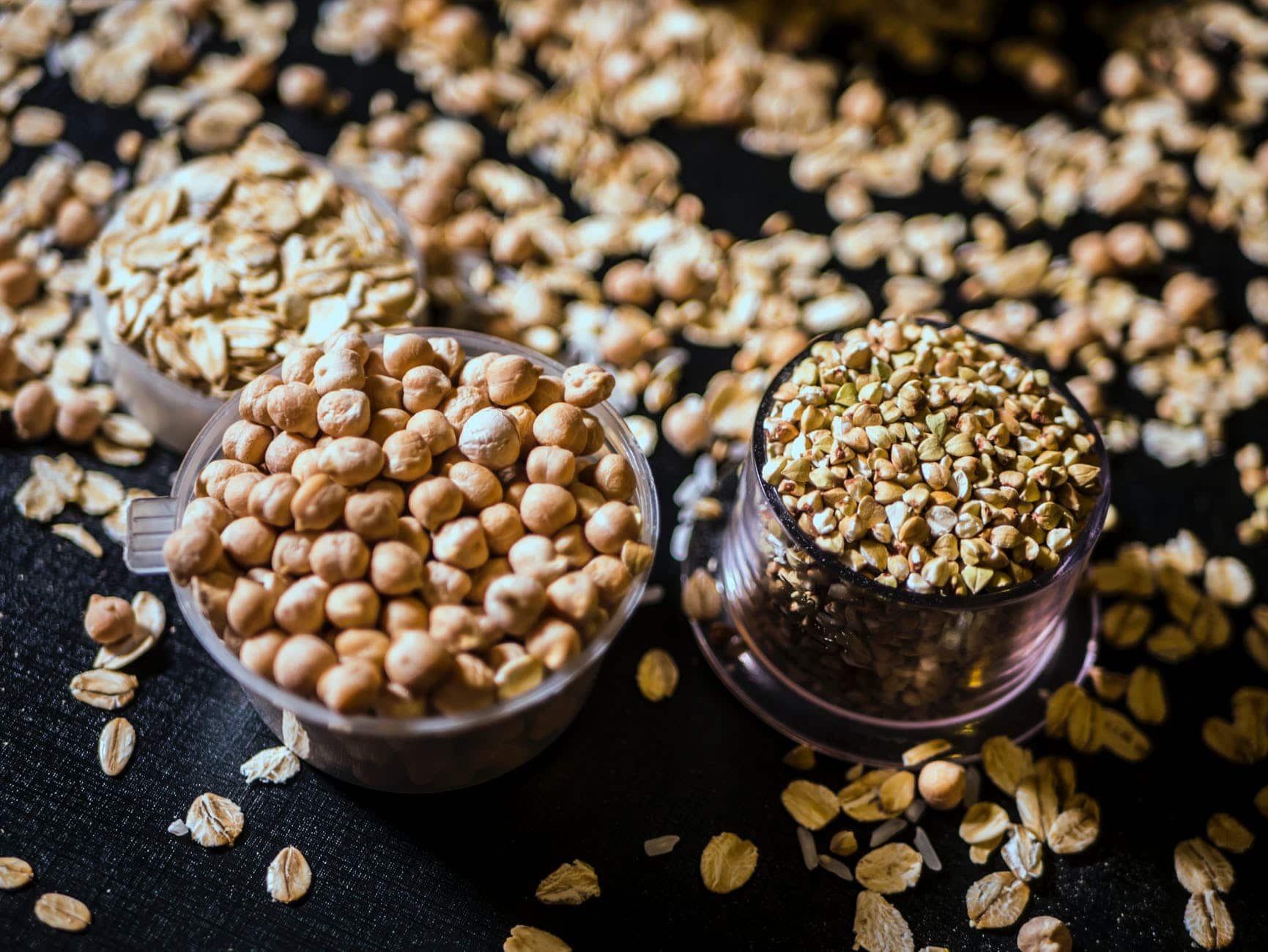
Extensive research connects whole grains to a lower risk of heart disease. A summary of 45 studies linked a 20 per cent lower risk of heart disease and stroke to consuming three portions of whole grains daily.
Beneficial effects were even greater when people consumed extra servings — up to seven — of whole grains per day.
Whole grains retain all the pieces of the grain intact, giving them more vitamins, minerals, fibre and plant compounds than processed grains.
While all whole grains can encourage heart health, two varieties are particularly remarkable:
- Oats: oats are a variety of soluble fibre containing beta-glucan that helps lower cholesterol. Consuming oats can reduce total cholesterol by 5% and “poor” LDL cholesterol by 7%, respectively.
- Barley: barley is high in beta-glucans that help to minimize “poor” LDL cholesterol.
Fruits and berries
Fruits are an ideal addition to a heart-healthy diet for many reasons. Several fruit varieties are high in soluble fibre, which helps to lower levels of cholesterol.
It does this by helping the body get rid of cholesterol and preventing the liver from developing this compound.
One form of soluble fibre called pectin reduces cholesterol by up to 10 per cent. It is present in apples, oranges, citrus fruits and strawberries, among other fruits.
Fruit also produces bioactive compounds that help in preventing heart disease and other chronic diseases because of their antioxidant and anti-inflammatory properties.
Consuming berries and grapes, which are specifically rich sources of these plant compounds, can increase “good” HDL and lowers “poor” LDL cholesterol.
Dark chocolate and cocoa
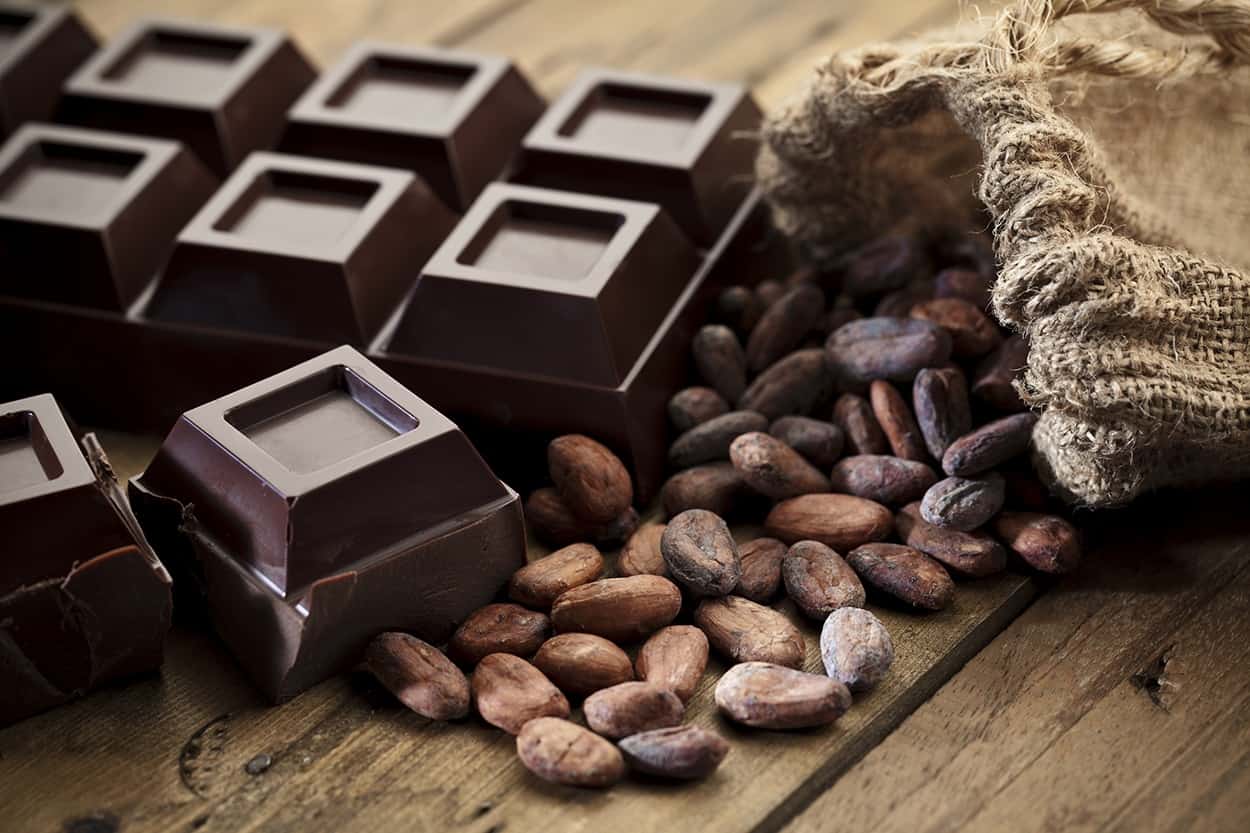
Cocoa is the primary ingredient in dark chocolate. It might sound too good to be true, but research verifies the claims that “poor” LDL cholesterol can be lowered by dark chocolate and cocoa.
A review discovered that healthy adults who consumed one cocoa beverage twice a day for a month had a decrease of 0.17 mmol/l (6.5 mg/dl) in “poor” LDL cholesterol. Also, Their blood pressure decreased while their “healthy” HDL cholesterol improved.
Cocoa and dark chocolate appear to protect the “poor” LDL cholesterol in your blood from inflammation, which is a significant cause of heart disease.
Nevertheless, chocolate is also high in added sugar, which adversely affects the health of the heart. Thus, it would be best if you used cocoa alone or select dark chocolate with a 75 – 85 per cent or greater cocoa content.
Garlic
Garlic has been used as an ingredient in cooking and also as a medicine for decades. It contains different healthy plant compounds, including its most active compound, allicin.
Studies indicate that garlic reduces blood pressure in people with high levels and may help lower overall and “poor” LDL cholesterol. However, the latter effect is less effective.
Several studies use aged supplements, which are believed to be more effective than other garlic preparations since relatively large garlic quantities are required to achieve this heart-protective benefit.
Soya foods
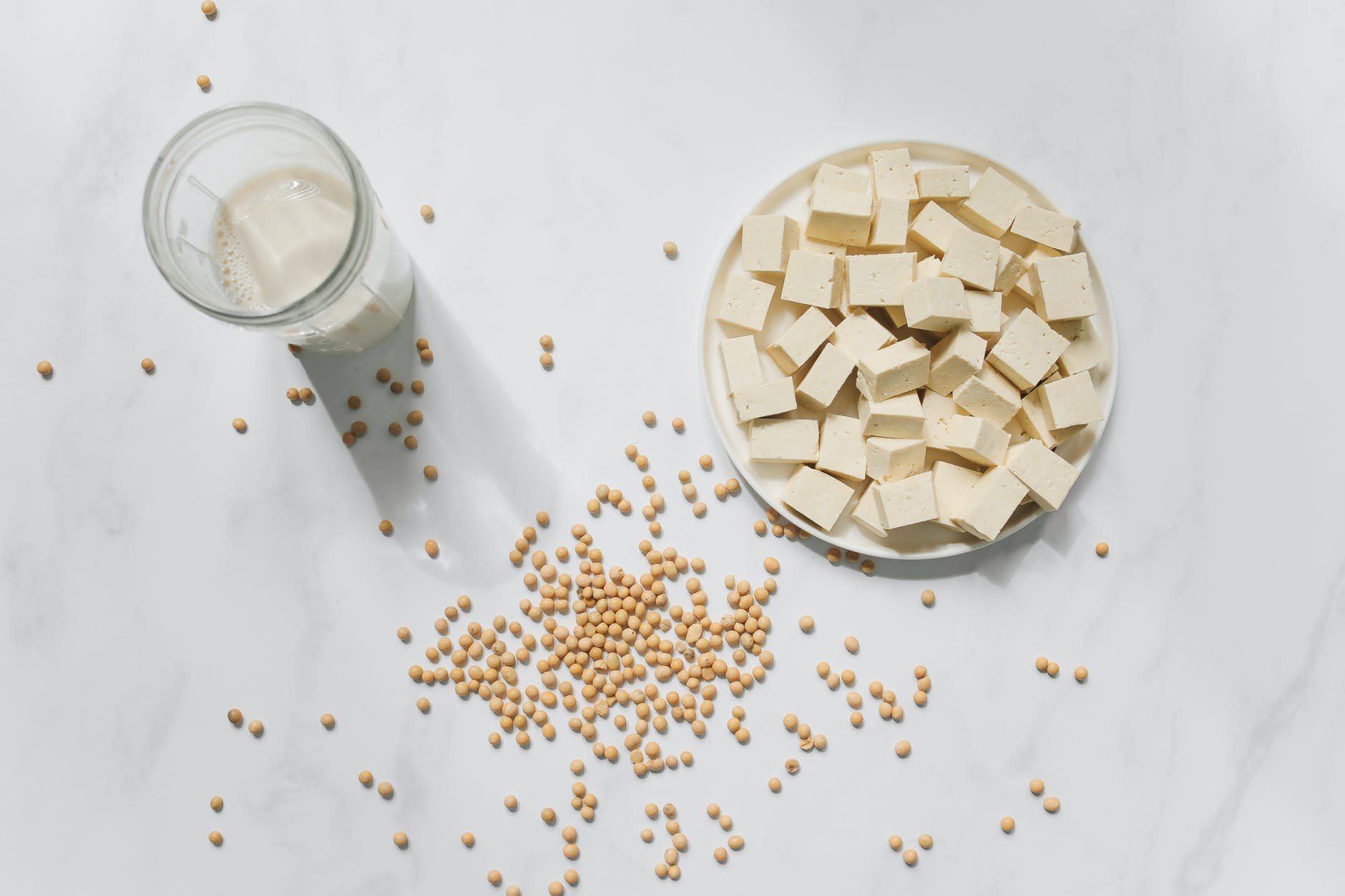
Soybeans are a variety of legume that may be helpful for the wellbeing of the heart. Although the findings of the study have been inconsistent, recent research is encouraging.
In a review of 35 studies, soy foods were linked to decreased “poor” LDL as well as overall cholesterol and increased “healthy” HDL cholesterol. The effect appears to be greatest in individuals with high cholesterol.
Vegetables
A crucial part of a heart-healthy diet is vegetables. They are rich in antioxidants, fibre and low in calories, which are required to maintain a healthy weight.
Some vegetables are notably high in pectin, the same soluble fibre that exists in apples and oranges, which helps lower cholesterol.
Okra, eggplants, carrots and potatoes also contain pectin-rich vegetables. Vegetables also offer a variety of plant compounds that offers many health advantages, including protection against heart disease.
Tea
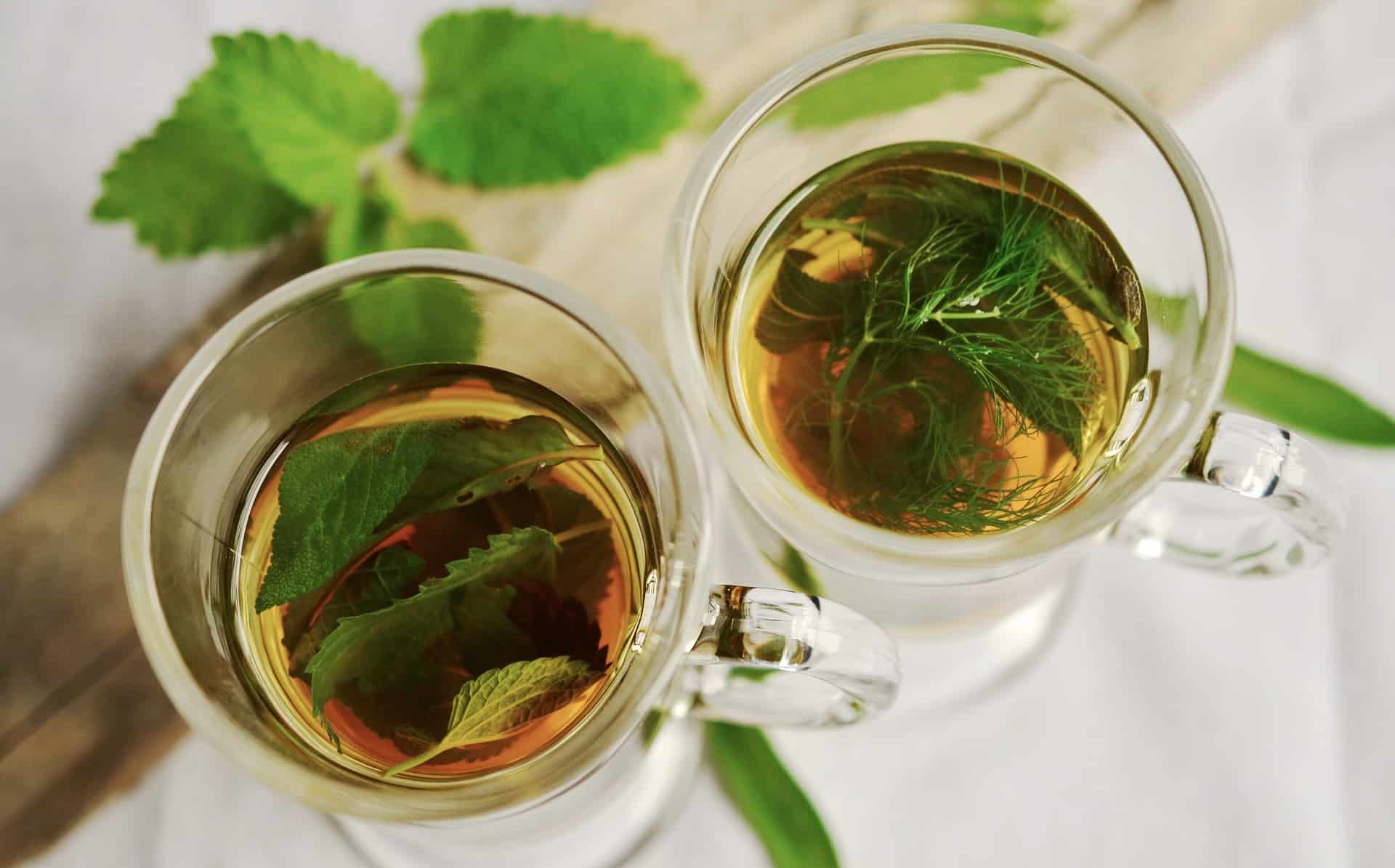
Tea is home to many plant compounds that promote the protection of the heart. Though green tea gets a lot of publicity, there are similar properties and health effects on black tea and white tea.
Two of the most beneficial compounds in teas are:
- Catechins: it helps release nitric oxide, which is necessary for blood pressure to be stable. They also inhibit the synthesis as well as the absorption of cholesterol and help avoid blood clots.
- Quercetin: it can improve the function of the blood vessels and lower inflammation.
While tea is associated with lower overall and “poor” LDL cholesterol in most studies, research on its impact on “healthy” HDL cholesterol and blood pressure is unclear.
Dark leafy greens
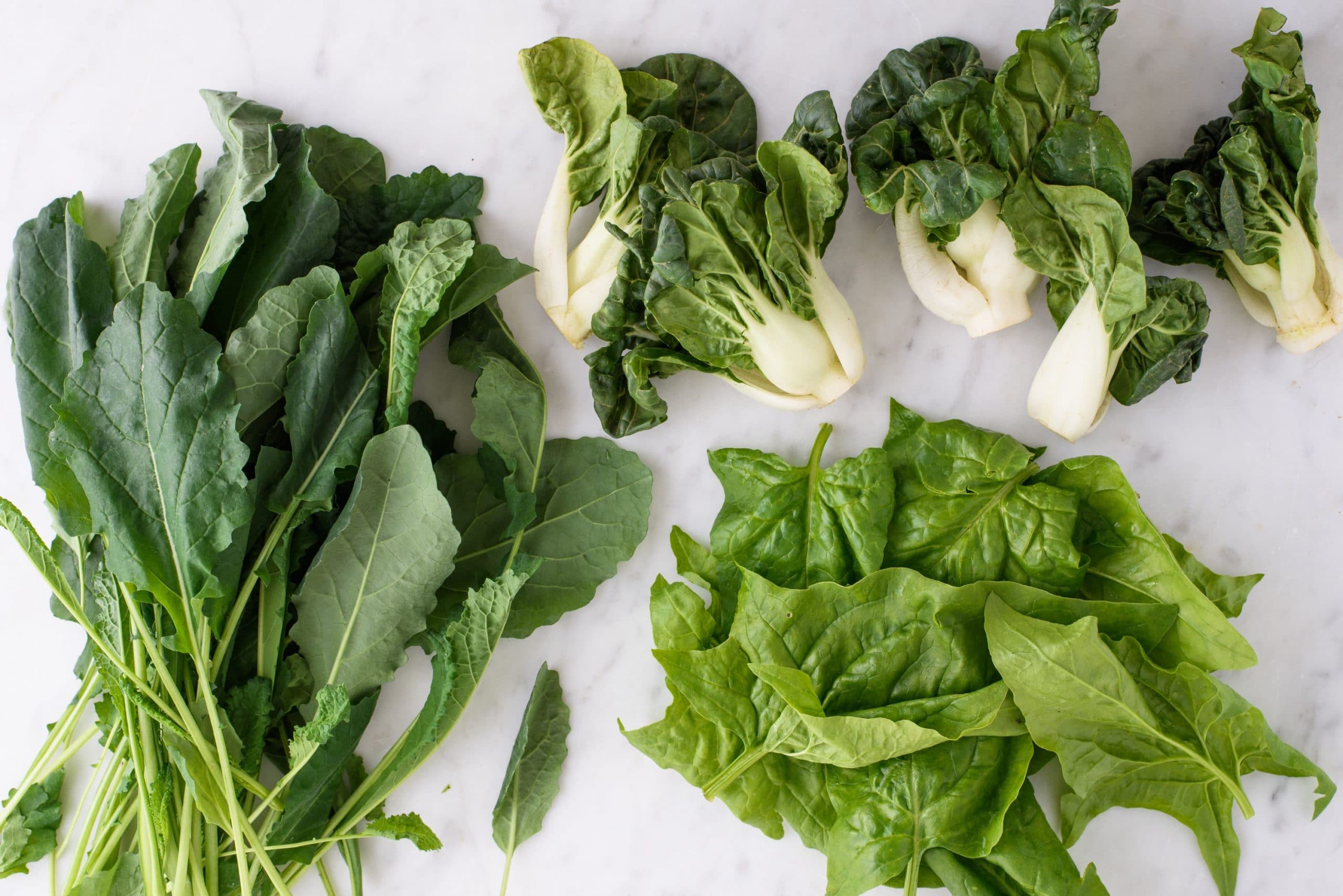
While all vegetables are good for the heart, dark leafy greens are especially beneficial.
Dark leafy greens contain lutein and other carotenoids, such as kale and spinach, which are related to a reduced risk of heart disease. Carotenoids function as an antioxidant that helps eliminate damaging free radicals that can result in hardened arteries.
Dark leafy greens can also help lower blood pressure by binding to bile acids and making the body secrete more cholesterol. One study indicated that lutein decreases oxidized “poor” LDL cholesterol levels and may help avoid the binding of cholesterol to artery walls.
Extra virgin olive oil
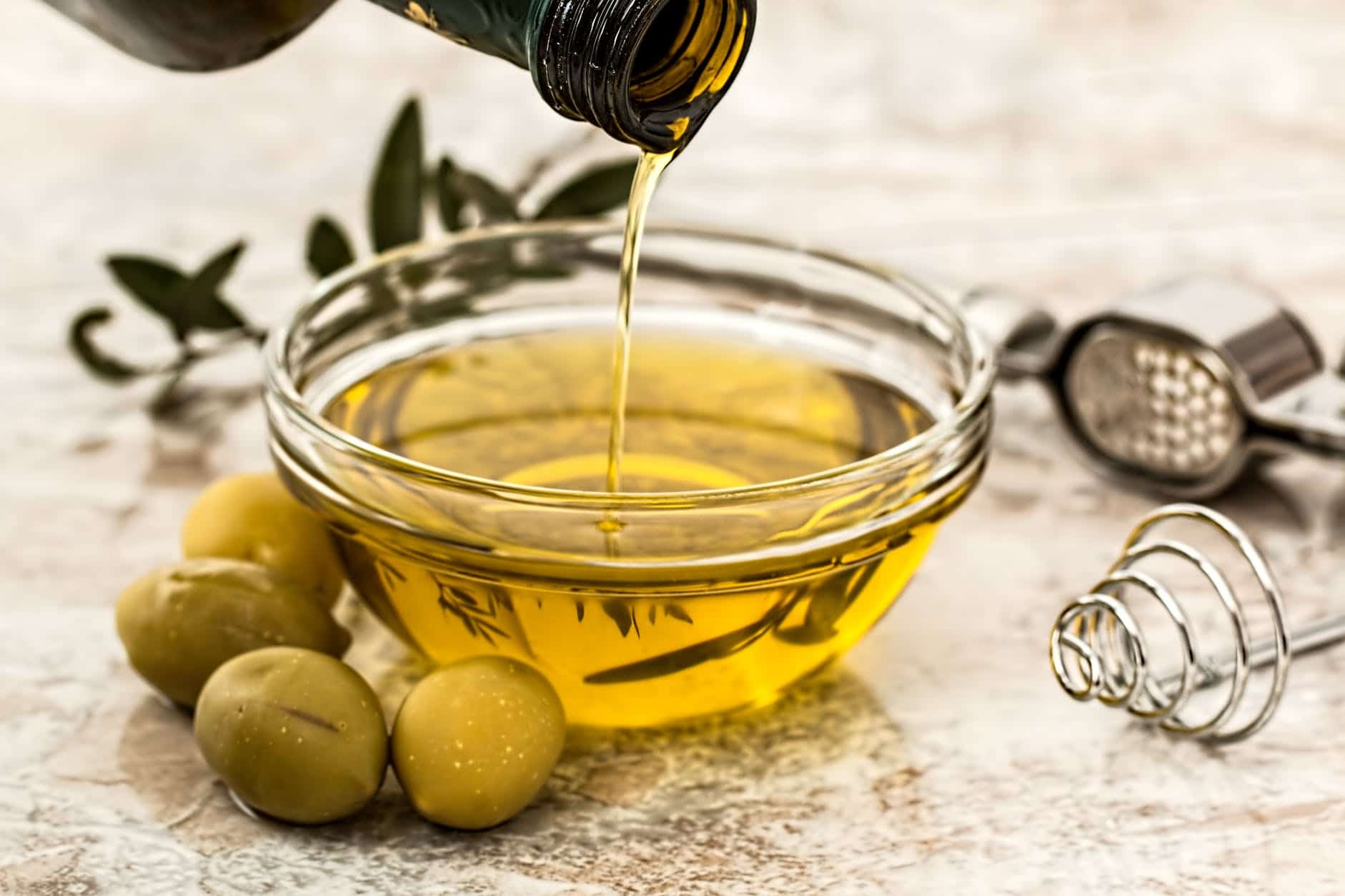
Extra-virgin olive oil is among the essential foods in the heart-healthy Mediterranean diet. A five-year study offered older adults with the risk of heart disease4 tablespoons (60 ml) of extra virgin olive oil per day together with a Mediterranean diet.
The olive oil community had a 30 per cent lower risk of significant heart events, such as stroke and heart attack compared to those who adopted a low-fat diet.
Olive oil is rich in monounsaturated fatty acids, which help to increase “good” HDL and lowers “poor” LDL cholesterol. In addition, it is a source of polyphenols, some of which minimize heart disease-driving inflammation.
Elevated cholesterol levels are a significant risk factor for heart disease. Fortunately, you can minimize this risk by integrating the foods listed above in your diet.
Increasing your consumption of these foods will put you on the road to a healthier diet and keep your heart healthy.



